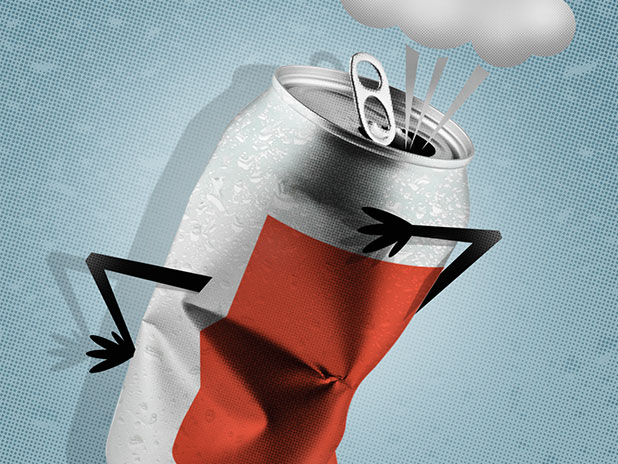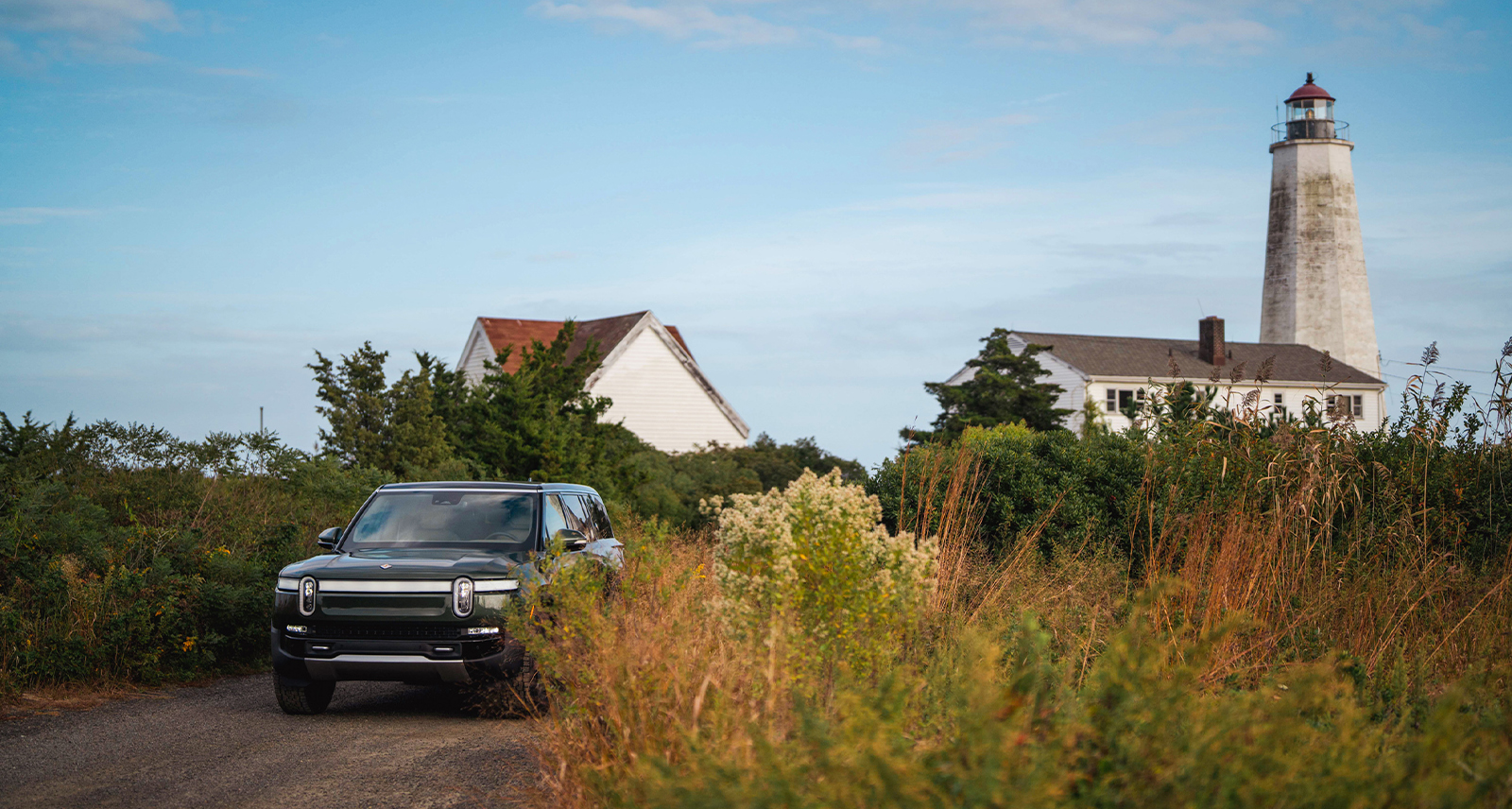Fatherhood: Learning to Breathe
“Your beer can is open,” says Dr. Grimmett as he finishes his examination.
I can’t help but look down, as if I’d forgotten that I brought a drink into his office, or didn’t do up my zipper.
“The abdomen is like a cylindrical can,” he continues, as if holding one in his hands. “And the diaphragm is the lid, flattening down to keep it closed. This helps maintain stability and strength. But yours is…”
“My can is open,” I say.
He nods, smiling. I’ve known Dr. Grimmett for a very long time. He’s a good, smart guy and one hell of a chiropractor. His unique understanding and careful practice of Active Release Therapy has got my family through a myriad of accidents and injuries. And the man never stops learning. Apparently these days he’s been learning about cans.
“I am losing the rigour inside me. I am collapsing under the pressure. And I don’t know how to breathe.”
“So, what does that mean?”
“Well, when a can is open, it loses it’s inside rigor, it can easily collapse under pressure, and then more air escapes, more energy. It makes all your core functions more difficult.”
“So what do I do?”
“You need to learn how to breathe.”
I’d planned on writing a column about learning to box again, and teaching my kid how to fight. But for that I needed to get back in shape, and when I tried, I got pounding headaches – which is why I came here. But somehow what he’s saying makes sense; the truth is, I’ve felt unable to breath for a while now.
Over the past few months I’d broken up with my girlfriend, quit my teaching job at the university, moved across the country into my parents’ home with my son part-time, then accidentally flooded their home with an errantly flushed toilet and had to move with them into a hotel due to contamination; in those same few days the family dog died of a sudden cancer, then the cat, leaving my parents grief-stricken as well as homeless. Meanwhile, I have a deadline for a book that refuses to write itself, the guy who subletted my apartment back in Toronto hasn’t paid his rent, so I’m facing eviction there, too, and now my boy’s mum wants to move from this city of flood and family back to that one of heartbreak and burned bridges. The boxing, I think, was supposed to help with the stress. But I am losing the rigor inside me. I am collapsing under the pressure. And I don’t know how to breathe.
“You’re not alone,” says Dr. Grimmett. “About 70% of people don’t breathe properly. We can do it at birth, but then we unlearn it. We become shallow-breathers, chest breathers. Some of that’s from sucking in your gut, or from bad posture. Posture and proper breathing are essential to a strong core. It’s where all your focused power comes from. Think of Bruce Lee; it’s what gave him that four-inch punch.”
Who hasn’t coveted that punch? But Bruce Lee feels a long way off and maybe the doctor can sense it. “Breathing is essential if you want to relieve stress and pain,” he says.
“I do,” I say.
“How old is your son again?”
“Zev is five.”
“He probably knows how to breathe,” says Dr. Grimmett. “You should watch him.”
***
During the next week I watch my boy breathe, and he watches me doing my breathing exercises and laughs at me. The exercises involve me sitting in front of a mirror with my shirt off and a red ribbon tied around my unstable core. When I breathe in, it is my bow-tied belly that is supposed to expand, not my chest.
The following week, I do a version of this, shirt on, in the driver’s seat of my parents’ car, my palms pressed against the wheel, to make sure my collarbone doesn’t rise. Zev continues to laugh, even as he squirms to get out of the parked car. Also, a few times a day, I press my tongue firmly against the roof of my mouth and hold it there for a count of ten. This is all to train me how to do what my cackling monkey of a son can supposedly do just perfectly, as easy as breathing…
I ask Zev if he wants to come with me to the doctor who’s making me do these things. He seems a bit skeptical until I tell him about the importance of breathing for the Bruce Lee power punch. “And anyway,” I say. “The doctor thinks you’re already an expert – just by being a kid.”
“At power punching?”
“No, breathing.” Zev does a quick little hyperventilation, puffing out his chest instead of his core.
***
“Huh,” say Dr. Grimmett, looking down at big little Zev who is standing shirtless before him, breathing in and out. “His pop-can’s a little bit open. He points to the lines on his back and shoulders. “You see this? The two sides are uneven.”
The kid’s a firecracker, but also a bit of a sloucher. His back is slightly curved… and yes, a bit lopsided. “Why is that?” I say.
“Maybe he didn’t crawl enough as a baby, or roll over enough. A lot of the time that’s because they’re being helped too much by the parents.”
“Hmm…” I say, trying to compute the variables of such a slight accusation.
“Be tall!” says Dr. Grimmett. And both Zev and I straighten right up. “You see that? How he corrects himself perfectly!”
I thought I’d done pretty well too, but Zev is beaming.
“Just do that for now,” says Dr. Grimmett. “Keep reminding him. We’ll get him back to a stage he sort of missed: make that core nice and strong — get him thinking of being tall.”
“I am tall,” says Zev.
“Yes,” says Dr. Grimmett. “But you have to remember it.”
“And daddy, too?”
“Absolutely. You two should get in the habit of reminding each other. It’ll help you breathe properly.”
“And power punch?”
“And power punch, and everything else.”
Zev turns to me quickly. “Be tall, Daddy!” he says.
“Be tall, Zevvy!” I say.
We keep reminding each other as we walk out of the building. We’re trying to breathe, our bellies out and our heads held high.
But it’s hard to do while laughing.
Shaughnessy Bishop-Stall is Sharp’s fatherhood columnist.










